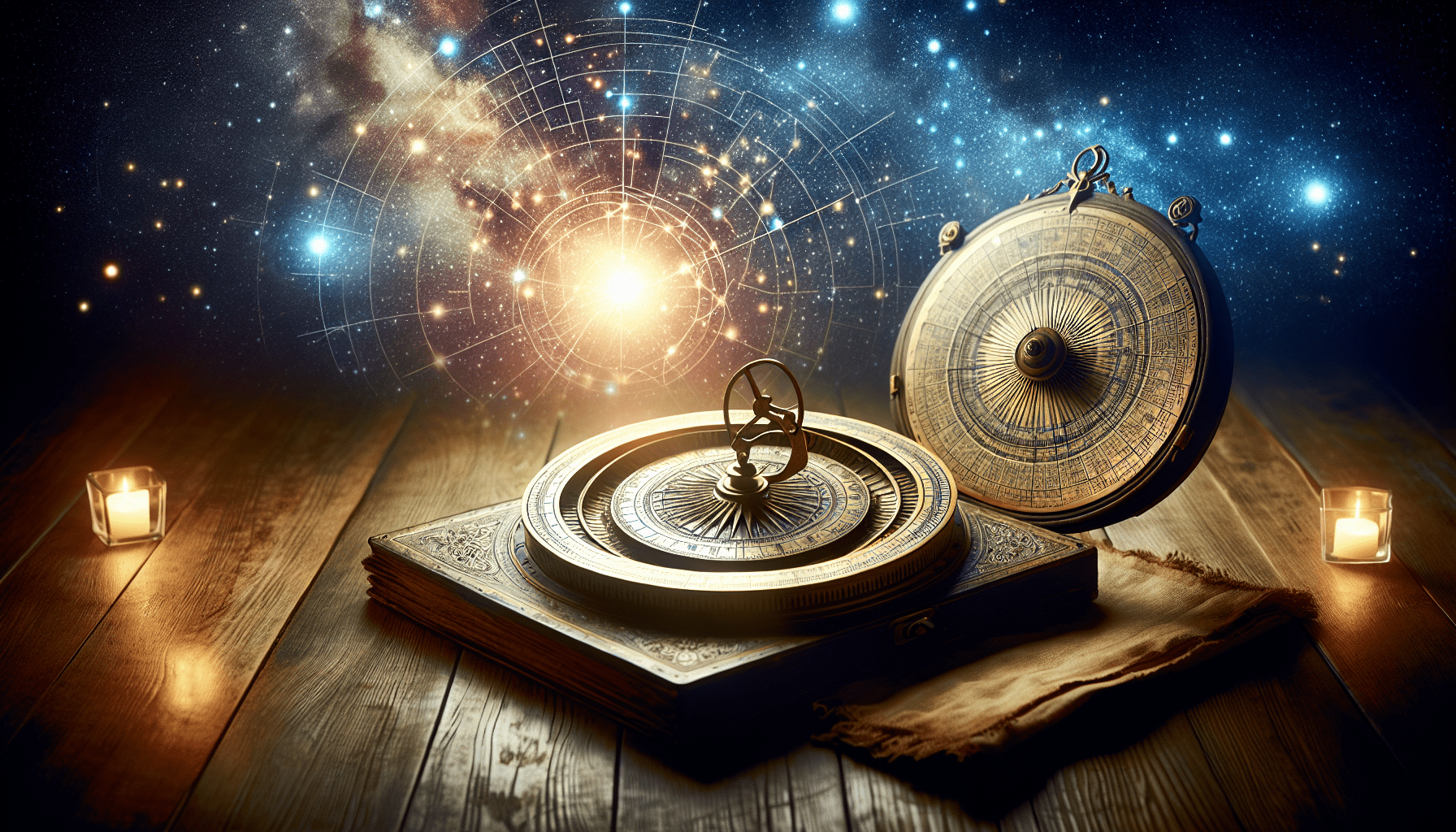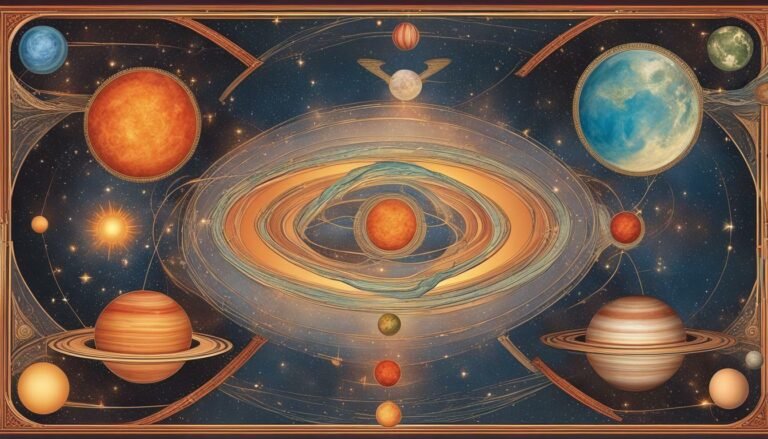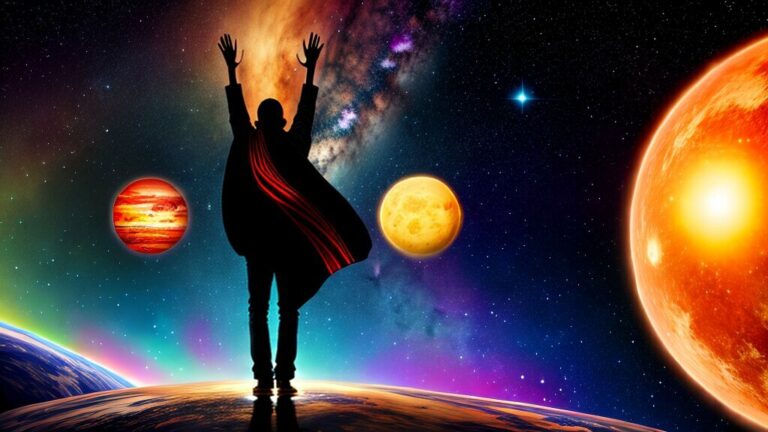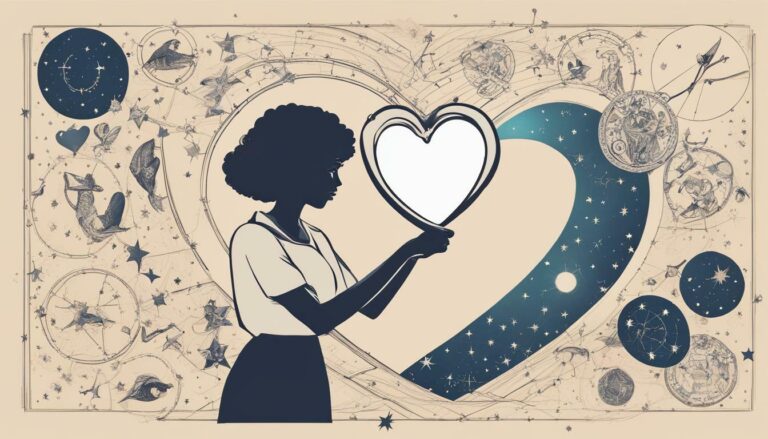Where Did Astrology Come From?
Have you ever wondered about the origins of astrology and how it has evolved to the form we recognize today?
Understanding Astrology
Astrology is a system that claims to divine information about human affairs and terrestrial events by studying the movements and relative positions of celestial bodies. This practice has graced various civilizations, won devotees, inspired debate, and provoked skepticism. To truly understand where astrology came from, we need to journey through history and examine its development across different cultures and times.
What Is Astrology?
Astrology, as we know it, is a discipline that integrates astronomical phenomena and astrological interpretations. It seeks to correlate the positions and movements of celestial bodies—such as the stars and planets—with events on Earth, particularly human affairs.
Astrology differs from astronomy, although the two were once inextricably linked. Astronomy is a science focused on the study of celestial objects, space, and the universe as a whole. Astrology, on the other hand, is seen as a form of divination and, thus, a pseudoscience in the contemporary world.
Ancient Practices and Origins
Astrology has roots tracing back thousands of years. Some of the earliest recorded instances can be found in Mesopotamian, Egyptian, and Greek cultures.
Mesopotamian Beginnings
Mesopotamian astrology is possibly the earliest form of astrology practiced by humanity. The Sumerians, around 3,000 BCE, were among the first to observe celestial movements. Their findings were integrated into the later Babylonian culture, which played a critical role in the development of Western astrology.
Babylonian Contributions
The Babylonians, who flourished around 2,000 BCE, were keen observers of the night sky. They developed the zodiac—an imaginary belt in the sky through which the Sun, Moon, and planets move. The zodiac was divided into twelve equal segments, each associated with a certain constellation and linked to particular symbolism and mythology.
These Babylonian astrologers compiled lists of celestial omens and their supposed effects on earthly events. These lists, known as “Enuma Anu Enlil,” contained predictions based on the Moon’s visibility, planetary conjunctions, and eclipses.
| Ancient Civilization | Contribution |
|---|---|
| Sumerians | Early observations of celestial bodies |
| Babylonians | Development of the zodiac and celestial omen lists |
Egyptian Influence
In parallel with the Mesopotamian developments, ancient Egyptian astrology also made significant strides. Egyptian priests studied the stars and planets, integrating their observations with their pantheon of gods and mythology.
Integration with Religious Beliefs
Egyptian astrology was deeply intertwined with religion. They believed that the gods resided in the stars and that celestial events, like the heliacal rising of Sirius, were significant. This event, in particular, was heralded as it coincided with the flooding of the Nile—a crucial period for Egyptian agriculture.
The Egyptians used a decan-based system, dividing the sky into 36 parts. Each decan represented ten days of the year and was associated with specific deities, linking time cycles with religious significance.
Greek and Hellenistic Advancements
Greek civilization absorbed astrological knowledge from the Babylonians and Egyptians. The Greeks expanded and refined this knowledge, giving rise to what is known as Hellenistic astrology.
The Ptolemaic System
One of the most influential Greek contributions came from Claudius Ptolemy, a Greco-Egyptian writer of Alexandria. In his work “Tetrabiblos,” Ptolemy codified much of what we consider traditional Western astrology. His geocentric model dominated Western thought for centuries, mapping out celestial circles and explaining their influence on Earth.
Ptolemy’s work distinguished between ‘natural astrology’—which focused on predicting natural phenomena—and ‘judicial astrology,’ which dealt with human affairs and was more controversial due to its speculative nature.
| Greek Contributions | Key Figure | Notable Accomplishment |
|---|---|---|
| Codification of Western astrology | Claudius Ptolemy | Authored “Tetrabiblos” |
Vedic and Chinese Astrology
While Western traditions have their roots in the Mesopotamian and Hellenistic cultures, other forms of astrology were developing independently in places like India and China.
Vedic Astrology
Also known as Jyotisha or Hindu astrology, Vedic astrology has ancient origins, closely tied to the Vedas—sacred texts that date back to 1,500 BCE. Vedic astrology places significant emphasis on the lunar mansions (Nakshatras) and uses a sidereal zodiac, which is fixed to the stars, differing from the tropical zodiac employed in Western astrology.
Vedic astrology is holistic, incorporating various branches such as natal, mundane, and electional astrology, often used for choosing auspicious timings for important events.
Chinese Astrology
Chinese astrology, independent of Western influences, aligns closely with Chinese philosophy and is historically linked with the development of the calendar. This system, which emerged around 2,000 BCE, emphasises the lunar cycle and employs a 12-year cycle represented by twelve animals known as the Chinese zodiac.
Chinese astrology integrates the principles of Yin and Yang, the Five Elements (Wood, Fire, Earth, Metal, and Water), and the notion of Chi (energy flow). Each year in the Chinese zodiac is associated with specific characteristics and attributes.
| Type of Astrology | Key Features |
|---|---|
| Vedic Astrology (Jyotisha) | Lunar mansions (Nakshatras), sidereal zodiac |
| Chinese Astrology | Lunar cycle, Chinese zodiac, Yin and Yang, Five Elements |
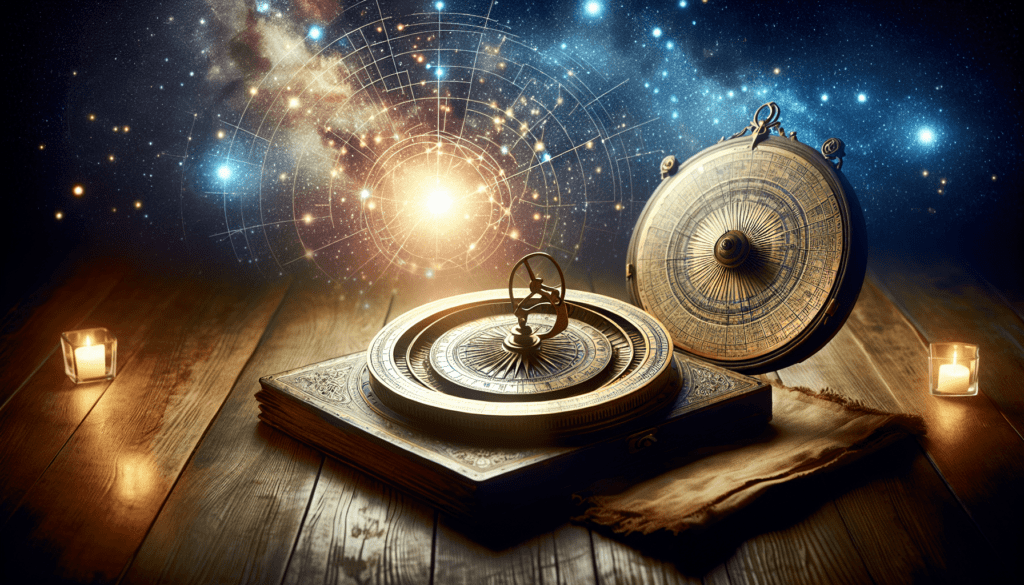
Medieval and Renaissance Periods
Astrology continued to evolve through the Middle Ages and into the Renaissance, a period marked by both scholarly pursuit and religious tension.
Islamic Golden Age
Astrology flourished in the Islamic world during the Golden Age of Islam (8th to 14th centuries). Islamic scholars translated key Greek and Hellenistic works, preserving and enhancing astrological knowledge.
Key Islamic Contributions
Islamic astrologers like Abu Ma’shar and Al-Kindi played pivotal roles. They integrated astrology with the scientific, medical, and philosophical traditions of the time, contributing to a synthesis of knowledge.
| Notable Islamic Astrologers | Contributions |
|---|---|
| Abu Ma’shar | Writings on astrology and cosmology |
| Al-Kindi | Integrating astrology with medicine and philosophy |
European Renaissance
Astrology saw a resurgence during the Renaissance (14th to 17th centuries) in Europe. This period was marked by the rediscovery of classical knowledge and a renewed interest in science and the arts.
Renaissance Figures
Key figures like Johannes Kepler, who is better known for his astronomical discoveries, also studied astrology and sought to find scientific explanations for astrological phenomena. Meanwhile, figures like Nostradamus gained fame for their prophetic astrological works.
Renaissance humanism, which emphasized individual potential and a revival of classical learning, helped astrology gain respectability as it sought to explain the cosmos and human existence through a blend of art and science.
| Renaissance Figures | Contributions |
|---|---|
| Johannes Kepler | Sought scientific basis for astrology |
| Nostradamus | Famous for astrological prophecies |
Astrology in the Modern Age
Astrology’s role transformed significantly in the modern age. It shifted from a respected scholarly practice to a more popularized form, often facing skepticism.
18th to 19th Century Decline
The Age of Enlightenment brought a critical shift in thinking. Emphasis on rationality, empirical evidence, and scientific inquiry led to astrology being classified as a pseudoscience, distinct from the burgeoning field of astronomy.
Rise of Skepticism
Key scientific figures, including Isaac Newton, who laid the groundwork for classical physics, directly challenged the validity of astrological claims. This period marked the decline of astrology’s academic esteem.
20th Century Revival
Despite skepticism, astrology experienced resurgence in the 20th century, owing largely to the popularization through media. Horoscopes became a staple in newspapers, and interest in various astrological traditions grew.
Psychological Astrology
One interesting development was the integration of psychology with astrology, led by figures like Carl Jung. Jung proposed that astrological archetypes reflect deep-seated psychological patterns, thus giving astrology a new dimension in understanding human behavior.
| 20th Century Developments | Contributions |
|---|---|
| Media Popularization | Rise of horoscopes in newspapers |
| Psychological Astrology | Carl Jung’s integration of psychological concepts |
Contemporary Views and Practices
In the 21st century, astrology enjoys a diverse and dynamic presence. It is practiced globally, often in tandem with spiritual and self-help movements.
Astrology in Culture
Modern astrology incorporates various traditions, technologies, and methodologies. Astrologers have more precise astronomical data and computational tools, enhancing their interpretations.
Despite its controversial status in scientific communities, astrology continues to find relevance in contemporary culture, especially in areas related to personal growth, counseling, and holistic wellness.

Conclusion
Astrology has a rich, complex history that spans multiple civilizations, scientific developments, and cultural shifts. From its early observations in Mesopotamia to its modern incarnation blending psychological insights and technological advancements, astrology continues to captivate and provoke debate.
The journey of astrology is a testament to humanity’s enduring quest to understand our place in the cosmos. While its scientific validity remains disputed, astrology’s impact on culture, thought, and individual lives is undeniable. Its origins and evolution offer profound insights into the ways in which we seek meaning and connection with the universe.
Astrology, in its various forms, serves as a fascinating window into human history and the perennial quest for knowledge. Whether you consider it a science, an art, or a pseudoscience, the legacy of astrology remains an intriguing part of our intellectual and cultural heritage.
